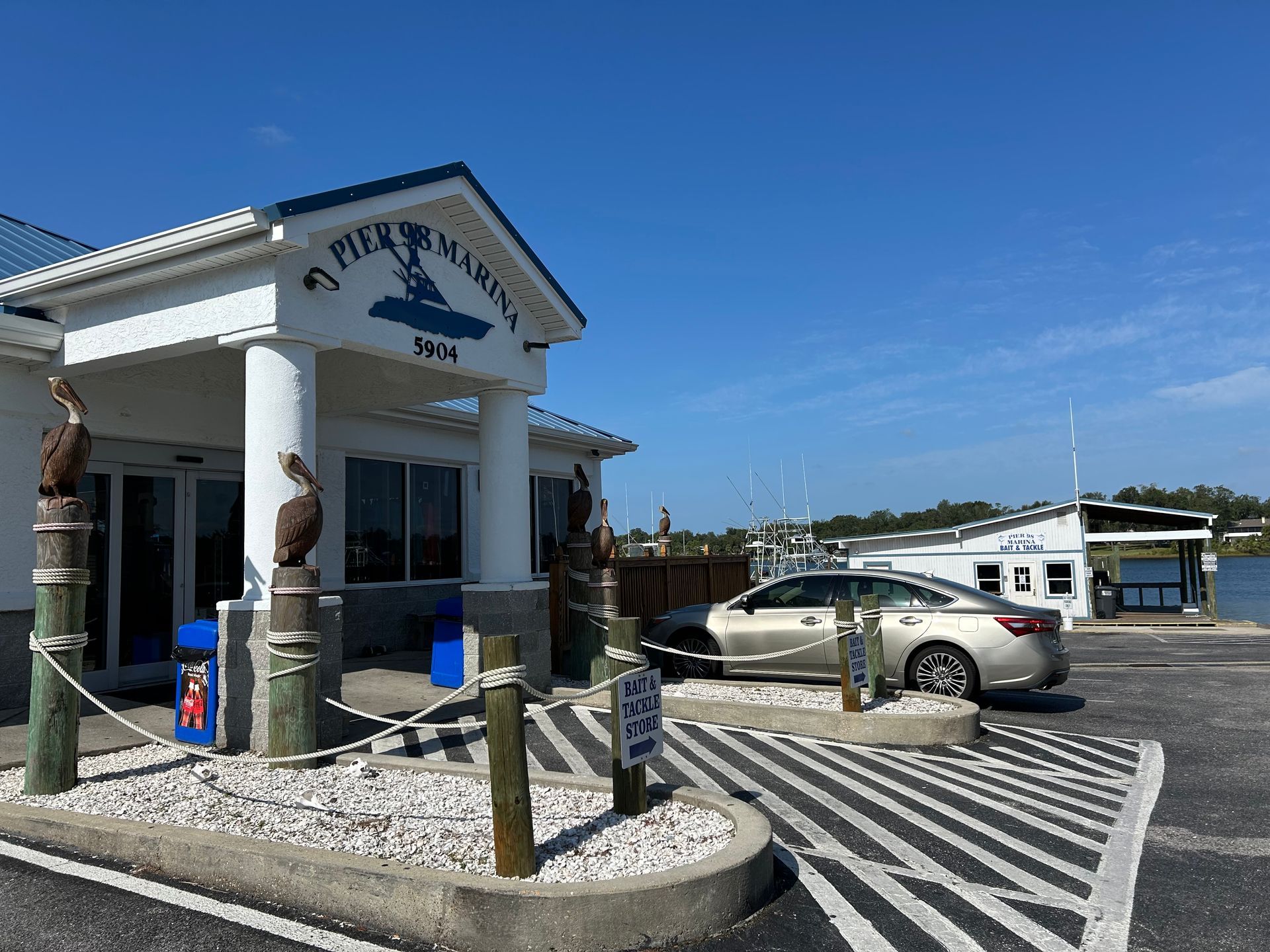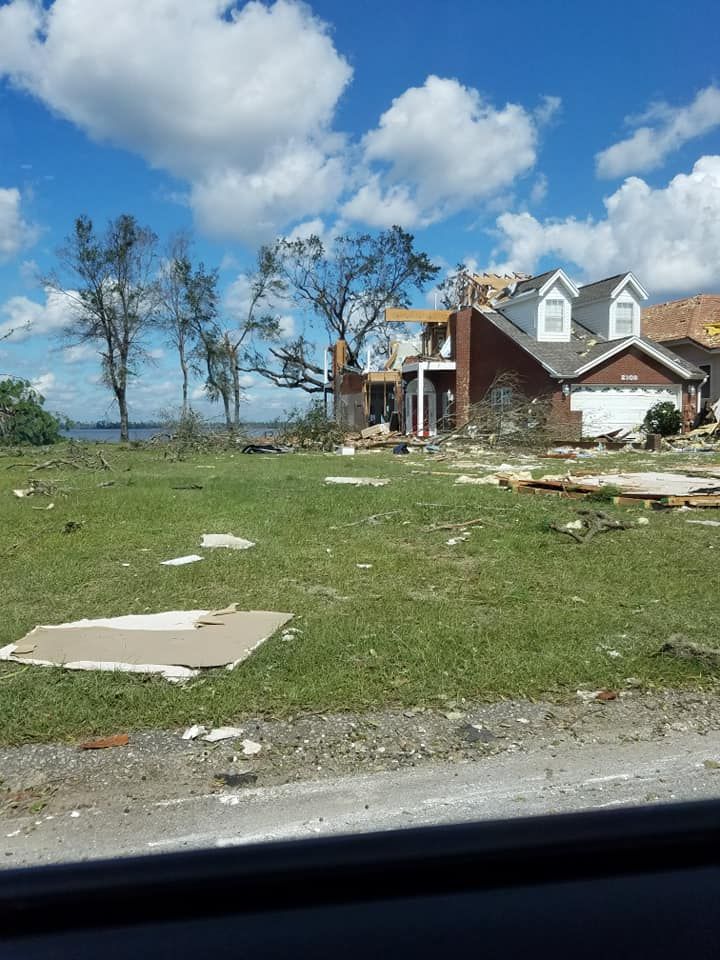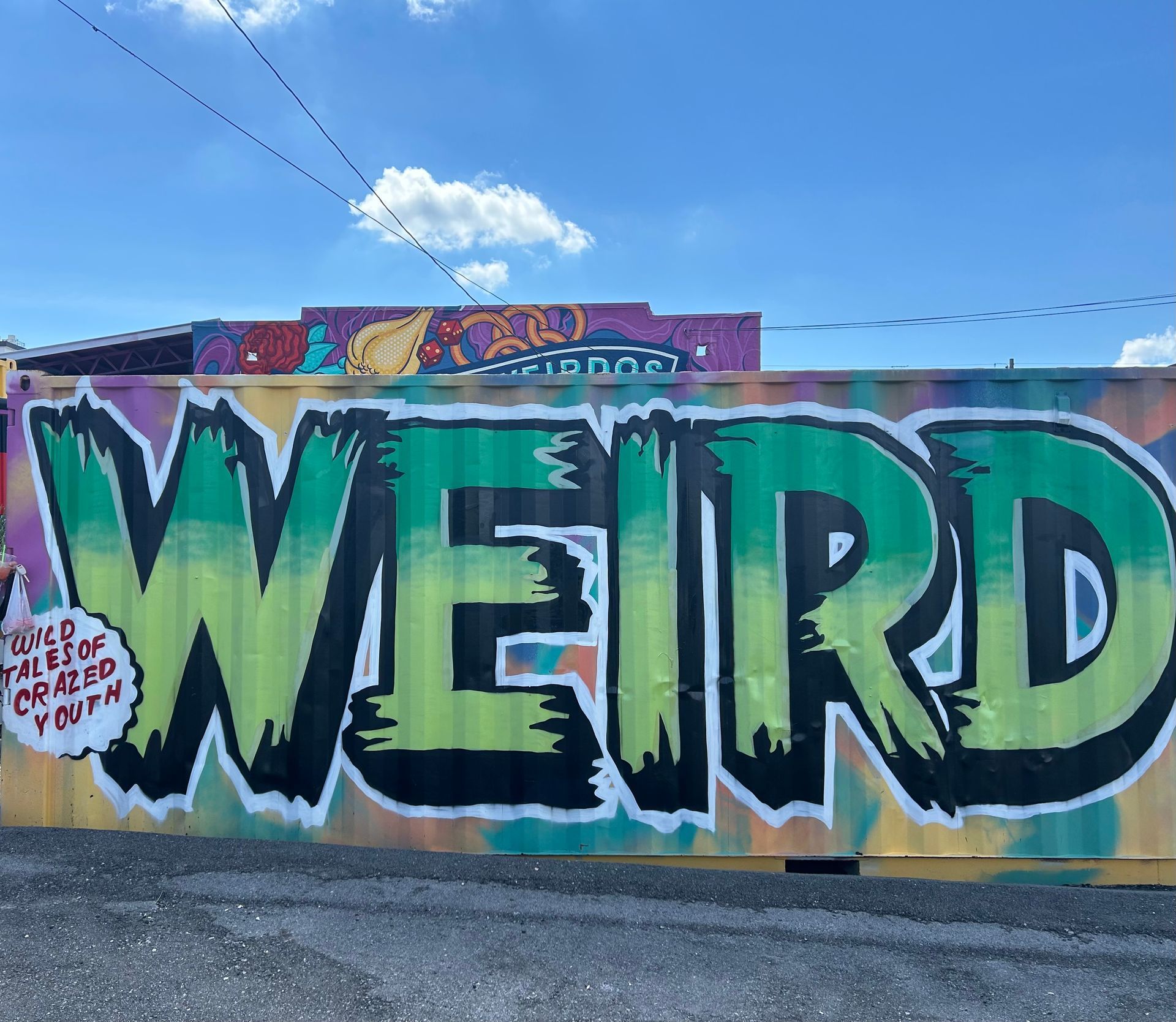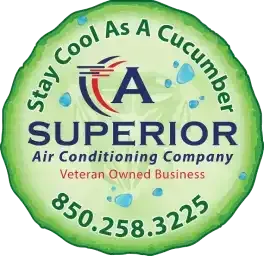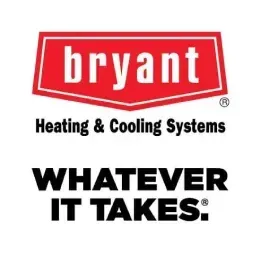Why Is My AC Not Cooling in Panama City Beach, FL? Troubleshooting Tips & Solutions
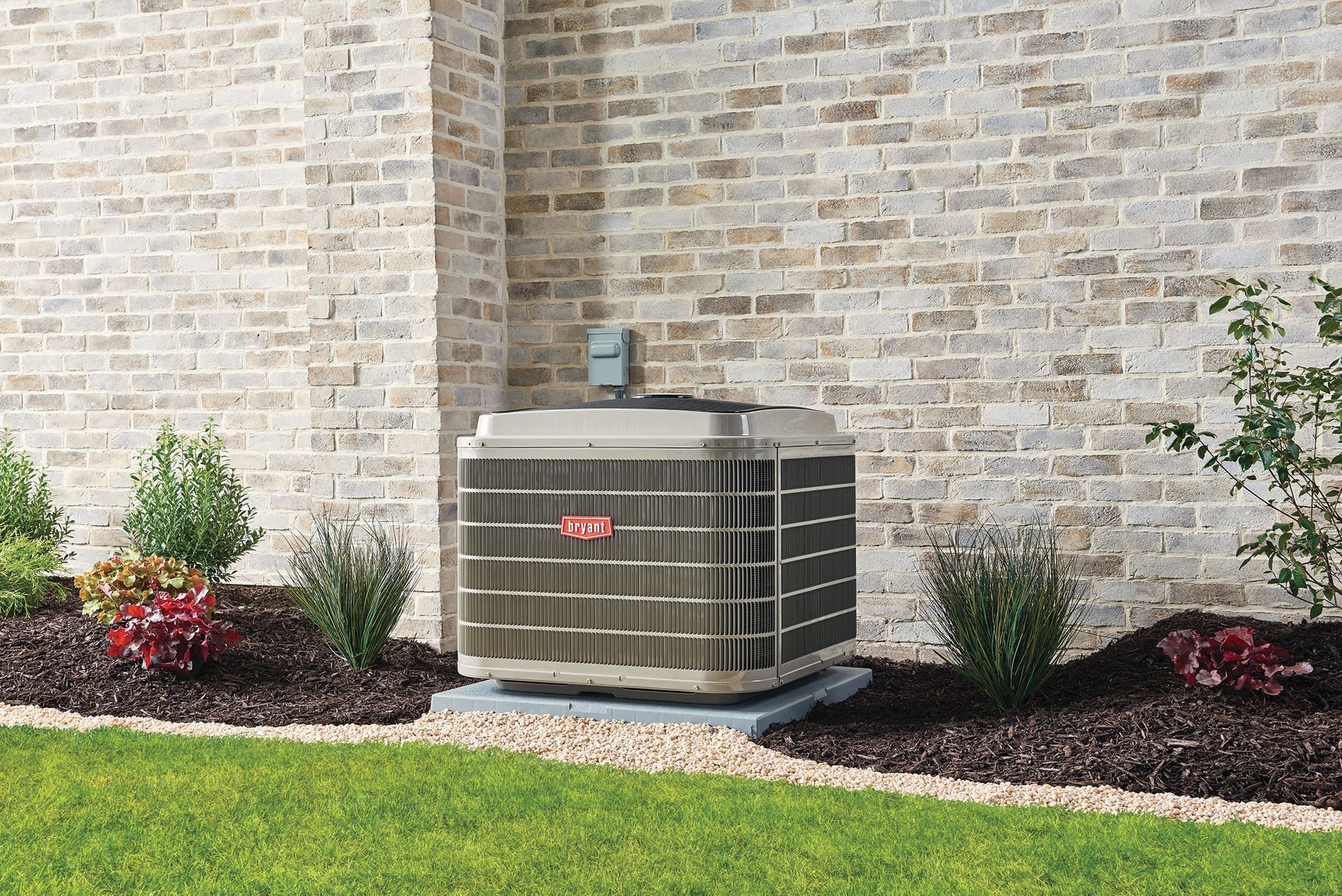
Living in Panama City Beach, FL, means relying on your air conditioning to combat the sweltering heat and humidity. But what happens when your AC suddenly stops cooling? Don’t panic, here’s a guide to common causes and actionable solutions to restore comfort to your home. A Superior Air Conditioning Company has been serving Bay County since 2002 and we are here to help.
Common Reasons Your AC Isn’t Cooling
- Dirty Air Filters: Clogged filters restrict airflow, forcing your system to work harder and reducing cooling efficiency. Check and replace filters monthly throughout the year especially when your system is running more than normal.
- Low Refrigerant Levels: Refrigerant leaks can prevent your AC from cooling properly. The only way to know this is when you have a local service provider like A Superior Air Conditioning Company doing HVAC Maintenance on your equipment.
- Frozen Evaporator Coils: Restricted airflow or refrigerant issues can cause coils to freeze. Turn off the system to let ice melt, then check for airflow blockages (e.g., dirty filters or closed vents). Remember to place something to catch the water as the ice melts.
- Faulty Thermostat: Ensure your thermostat is set to “cool” and the temperature is below the current room temperature. Dead batteries or wiring issues may also need attention.
- Blocked Condenser Unit: Outdoor condenser units can become clogged with dirt, leaves, or debris. Clear obstructions and clean the area around the unit. DIY Take time to run your water hose and clean the condenser coil with good spray. Never use a pressure washer as this will ruin the fins on the condenser coil.
Air Conditioning Troubleshooting Steps
- Check the Thermostat: Confirm it’s functioning correctly and set to the right mode.
- Inspect Air Filters: Replace dirty filters immediately.
- Examine Circuit Breakers: Reset tripped breakers if the unit isn’t turning on. If it should pop right away, then call your local service provider.
- Clean Around the Outdoor Unit: Trim vegetation and remove debris within 2 feet of the condenser. Though be very careful with the thermostat wire and ensure it is safe. If you should cut the thermostat wire, then call your local service provider.
When to Call aN HVAC Professional In Panama City Beach, FL
If DIY fixes don’t resolve the issue, contact a licensed HVAC technician in Panama City Beach. Problems like refrigerant leaks, electrical malfunctions, or compressor failures require expert diagnosis and repair. In Panama City Beach’s climate, delaying repairs can lead to costly breakdowns or system replacements. A Superior Air Conditioning Company at (850)258-3225.
Local Solutions for Reliable Cooling
Local HVAC companies like A Superior Air Conditioning Company offer 24/7 emergency services to address sudden AC failures. Regular maintenance plans can also prevent future issues by ensuring your system is optimized for Florida’s harsh summers.
Don’t let a broken AC ruin your comfort. Address minor issues early and partner with a trusted professional to keep your home cool in Panama City Beach’s relentless heat.
A dirty air filter is one of the most common, and preventable, issues that can severely impact an AC unit’s performance.
Here’s how it affects your system and why regular filter changes are critical, especially in hot, humid climates like Panama City Beach, FL:
1. Restricted Airflow
Air filters trap dust, pollen, and debris to keep your indoor air clean. Over time, these particles accumulate, clogging the filter and blocking airflow. Reduced airflow forces your AC to work harder to push cooled air through the system, straining the blower motor and other components. This leads to:
- Reduced cooling efficiency: Rooms take longer to cool.
- Uneven temperatures: Some areas may feel warmer than others.
2. Increased Energy Consumption
When airflow is restricted, your AC runs longer cycles to reach the thermostat’s set temperature. This spikes energy usage, driving up utility bills. In Panama City Beach’s sweltering summers, a clogged filter can raise energy costs by 15% or more.
3. Frozen Evaporator Coils
Restricted airflow prevents warm air from passing over the evaporator coils. This causes condensation on the coils to freeze, creating an ice buildup. If you have frozen coils you may experience:
- Halt cooling entirely until thawed.
- Risk permanent damage to the coils or compressor.
4. Overheating and System Strain
A dirty filter forces critical components (e.g., blower motor, compressor) to overwork. Prolonged strain can lead to:
- Premature wear and tear: Shortening the system’s lifespan.
- Costly breakdowns: Repairs for motors or compressors are expensive.
5. Poor Indoor Air Quality
Clogged filters can’t trap allergens, mold spores, or dust effectively. Pollutants recirculate through your home, worsening allergies, asthma, and respiratory issues. This is especially problematic in humid climates where mold growth is common.
6. Humidity Control Issues
In Panama City Beach’s muggy climate, AC units help dehumidify homes. A dirty filter reduces airflow, limiting the system’s ability to remove moisture. Excess humidity can:
- Make your home feel sticky and uncomfortable.
- Promote mold growth in ducts or walls.
- Allows the home to feel warmer than it really is.
HVAC Prevention Tips
- Change filters monthly especially during peak summer months.
- Use high-efficiency filters (MERV 8-13) to balance airflow and filtration.
- Schedule annual HVAC maintenance with a local technician to inspect the system.
When to Call an Air Conditioning Pro Like A Superior Air Conditioning Company in Panama City Beach, FL
If your AC still struggles after replacing the filter, contact a Panama City Beach HVAC specialist. Issues like frozen coils, refrigerant leaks, or electrical faults require professional diagnosis. Companies like A Superior Air Conditioning Company offer quick fixes to restore your comfort.
Bottom Line: A dirty air filter is a small problem with big consequences. Regular filter changes improve cooling efficiency, lower energy bills, and protect your system, a must for surviving Panama City Beach’s relentless heat!
Top Preventive HVAC Measures to Maintain AC Efficiency in Panama City Beach, FL
In Panama City Beach’s hot, humid climate, keeping your AC running efficiently is essential for comfort and cost savings. Here are 14 practical preventive measures to ensure your air conditioning system stays in peak condition:
1. Schedule Annual Professional Maintenance
- Why: Technicians can spot issues early, clean critical components, and ensure refrigerant levels are correct as well as tighten all electrical components and checking Amperage on compressor and fan motors. Run Capacitors are always a must to inspect as they help start assist for components.
- Action: Book a pre-summer tune-up with a local HVAC company like A Superior Air Conditioning Company to inspect coils, motors, and electrical connections.
2. Clean the Outdoor Condenser Unit
- Why: Debris, leaves, and dirt block airflow, reducing efficiency.
- Action: Trim vegetation 2–3 feet around the unit. Clean coils gently with a hose (power off) and remove debris. Again, be careful with the thermostat wire. Call a local company if anything happens to the thermostat wire.
3. Seal Duct Leaks
- Why: Leaky ducts waste 20–30% of cooled air, forcing the system to overwork.
- Action: Hire a professional to inspect and seal ducts with mastic tape or aerosol sealants. This also helps in reducing the dust in homes.
4. Upgrade to a Smart Thermostat
- Why: Programmable thermostats optimize cooling schedules, reducing runtime during off-peak hours.
- Action: Set temperatures to 78°F when home and higher when away. Use “auto” mode for fan settings. The Ecobee thermostat would be my recommendation as it works well and can be added to your phones.
5. Ensure Proper Insulation
- Why: Poor insulation lets cool air escape, increasing AC workload.
- Action: Check attic, windows, and doors. Use weatherstripping or spray foam to seal gaps.
6. Unblock Vents and Registers
- Why: Blocked vents disrupt airflow, creating hot spots and strain.
- Action: Keep furniture, curtains, and rugs away from vents. Ensure vents are fully open.
7. Monitor Refrigerant Levels
- Why: Low refrigerant indicates leaks and reduces cooling power.
- Action: Only licensed pros should handle refrigerant. Schedule annual checks.
8. Install Ceiling Fans
- Why: Fans circulate cool air, allowing you to raise the thermostat by 4°F without sacrificing comfort.
- Action: Set fans to rotate counterclockwise in summer for a cooling breeze.
9. Clean Evaporator and Condenser Coils
- Why: Dust and grime on coils reduce heat absorption and release.
- Action: Professionals can clean coils during maintenance visits.
10. Check Drain Lines
- Why: Clogged condensate drains cause leaks and humidity issues.
- Action: Flush the drain line annually with a vinegar-water mix to prevent mold or algae buildup. Use a shop vac to suck up everything from the drain lines outside.
11. Avoid Overworking the System
- Why: Constantly blasting the AC at very low temperatures strains components.
- Action: Set the thermostat to a moderate temperature (e.g., 75–78°F) and use fans to supplement cooling.
12. Upgrade to Energy-Efficient Equipment
- Why: Older AC units (10+ years) may have low SEER ratings (e.g., below 14).
- Action: Consider replacing it with a SEER 16+ system for long-term savings.
13. Shade the Outdoor Unit
- Why: Direct sunlight can overheat the condenser.
- Action: Install a shade structure or plant shrubs (2–3 feet away) to reduce heat exposure.
14. Monitor Humidity Levels
- Why: High humidity makes your AC work harder to dehumidify the air.
- Action: Use a dehumidifier or ensure your HVAC system includes humidity control features.
Why Prevention Matters in Panama City Beach
Panama City Beach’s extreme heat and salt air accelerate wear on AC systems. Preventive HVAC maintenance avoids:
- Skyrocketing energy bills from inefficient cooling.
- Costly breakdowns during summer heatwaves.
- Mold growth due to poor humidity control.
Final Tip: Partner with A Superior Air Conditioning Company your trusted local HVAC company in Panama City Beach, FL for HVAC maintenance plans tailored to coastal Florida’s climate. A small investment in prevention today can save thousands on repairs tomorrow!
A Superior Air Conditioning Company Blog
